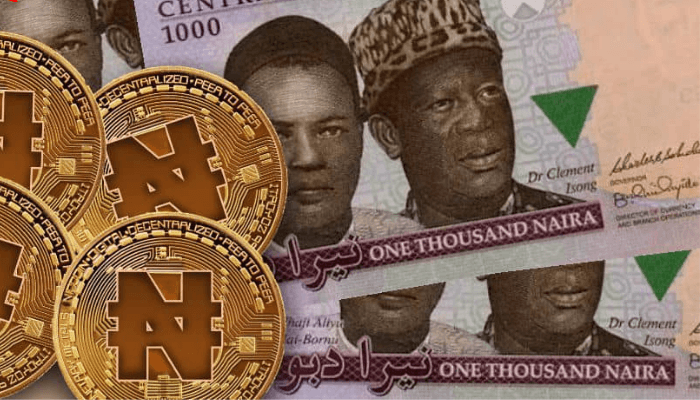Regulatory Thaw: SEC Greenlights Stablecoin Innovation
Nigeria’s Securities and Exchange Commission (SEC) has declared the country “open for stablecoin business”, marking a strategic pivot from its 2024 crypto crackdown. At the Nigeria Stablecoin Summit, SEC DG Emomotimi Agama outlined plans to position Lagos as “the stablecoin hub of the global South” within five years.
Key Developments
Regulatory Sandbox Live:
-
Multiple stablecoin firms already testing under SEC supervision
-
Focus on compliant players with “Nigerian market protection” frameworks
Pan-African Vision:
-
Goal to create a Nigerian stablecoin powering cross-border trade across Africa
-
Target: $50B+ in annual intra-African settlements by 2030
Policy Shift Context:
-
Follows 2024 Binance crackdown that saw executive detention
-
Now balancing innovation with EFCC’s anti-corruption vigilance
Why Stablecoins Matter for Nigeria
Naira Stability: Dollar-pegged stablecoins could hedge against 23% inflation
Remittances: $20B/year market currently hampered by high fees
Trade: Potential to slash 72-hour cross-border settlement times
Quote:
“We want global capital flowing into Lagos – but on terms that empower Nigerians first.”
— Emomotimi Agama, SEC DG
Challenges Ahead
Trust Deficit: Post-Binance, global crypto firms remain wary
Regulatory Clarity: No formal licensing framework yet
EFCC Concerns: Crypto still seen as conduit for illicit flows
Industry Reaction:
-
“Nigeria won’t become a stablecoin hub overnight” – Ryan Yoon, Tiger Research
-
“Requires predictable enforcement and fiat access” – Hank Huang, Kronos Research
The Roadmap
2025: Sandbox expansions, pilot integrations with banks
2026: Formal licensing regime launch
2027: Target first Nigerian stablecoin for regional trade

